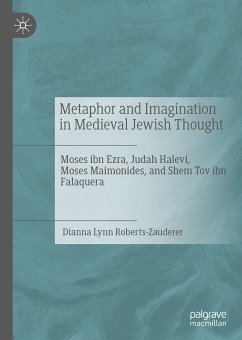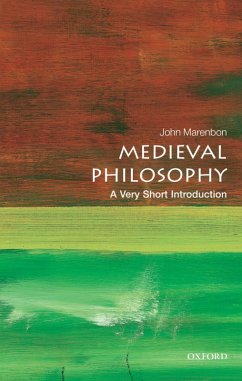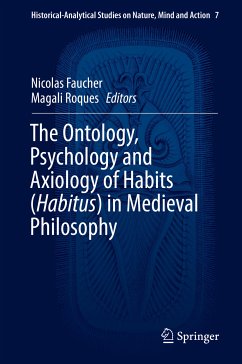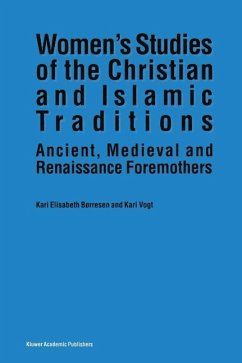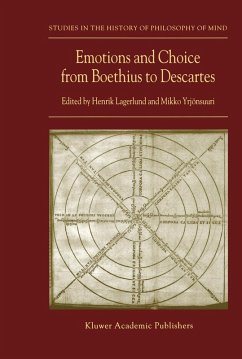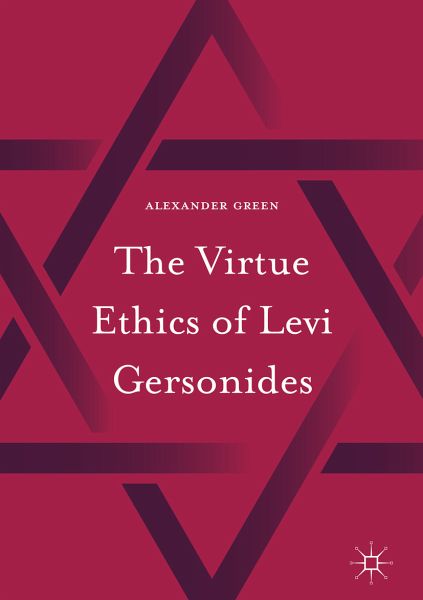
The Virtue Ethics of Levi Gersonides (eBook, PDF)
Versandkostenfrei!
Sofort per Download lieferbar
18,95 €
inkl. MwSt.
Weitere Ausgaben:

PAYBACK Punkte
9 °P sammeln!
This book argues that Levi Gersonides articulates a unique model of virtue ethics among medieval Jewish thinkers. Gersonides is recognized by scholars as one of the most innovative Jewish philosophers of the medieval period. His first model of virtue is a response to the seemingly capricious forces of luck through training in endeavor, diligence, and cunning aimed at physical self-preservation. His second model of virtue is altruistic in nature. It is based on the human imitation of God as creator of the laws of the universe for no self-interested benefit, leading humans to imitate God through...
This book argues that Levi Gersonides articulates a unique model of virtue ethics among medieval Jewish thinkers. Gersonides is recognized by scholars as one of the most innovative Jewish philosophers of the medieval period. His first model of virtue is a response to the seemingly capricious forces of luck through training in endeavor, diligence, and cunning aimed at physical self-preservation. His second model of virtue is altruistic in nature. It is based on the human imitation of God as creator of the laws of the universe for no self-interested benefit, leading humans to imitate God through the virtues of loving-kindness, grace, and beneficence. Both these models are amplified through the institutions of the kingship and the priesthood, which serve to actualize physical preservation and beneficence on a larger scale, amounting to recognition of the political necessity for a division of powers.
Dieser Download kann aus rechtlichen Gründen nur mit Rechnungsadresse in A, B, BG, CY, CZ, D, DK, EW, E, FIN, F, GR, HR, H, IRL, I, LT, L, LR, M, NL, PL, P, R, S, SLO, SK ausgeliefert werden.



